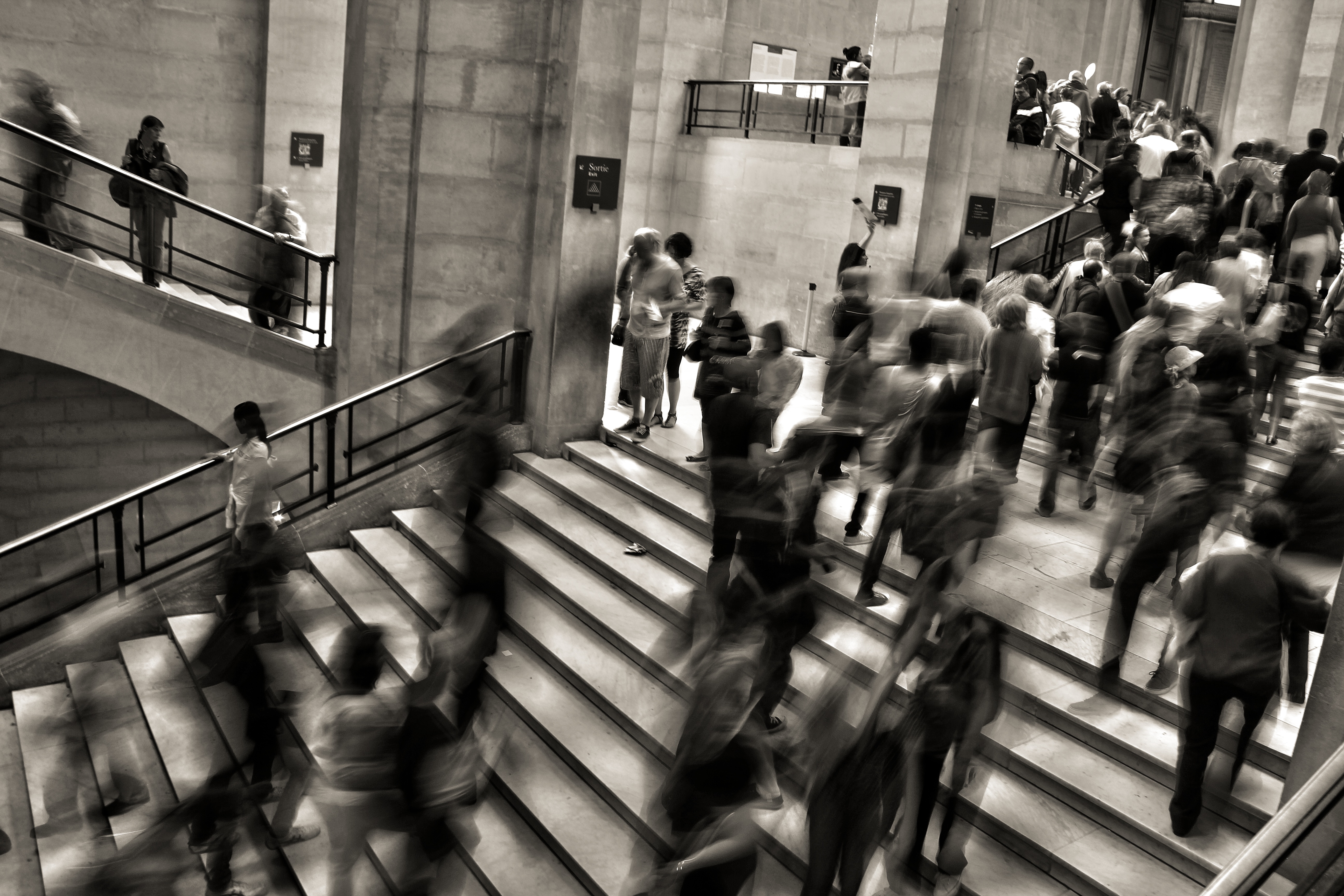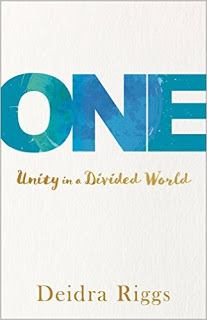What would it look like?
Imago Dei.
What would it look like if we really lived like we truly believed that?
Every human being created in the image of God.
Every. Single. One.
Including that guy that just cut you off in traffic.
The boss that is intent on making your every day miserable.
The child that is breaking your heart. Again.
The former friend that is doing her best to ruin your reputation.
The church member that rubs you up and down and every which wrong way.
Your political opponents (now we’re getting personal).
That dishonest business that’s trying to rip you off and winning.
Your negligent landlord.
Your obnoxious, scary neighbor.
Your ex. And his girlfriend.
Knit together in his or her mother’s womb by the same artist that called the universe and all its varied wonders into being.
Every. Single. One.
Created and cherished.
It’s a risky proposition. Our vulnerable hearts are intent on dividing humanity into neat categories with hidden titles . . . love, like, tolerate, dislike, can’t stand (aka hate). Protecting ourselves behind a carefully crafted shield of neglect, indifference, even hate.
Not my religion. Not my denomination. Not my political affiliation. Not my type. Not my friend. Not my people.
But “protection” is a deceptive illusion and is ultimately destructive. When we construct fences and build walls to protect our neat categories and hard hearts it’s like stepping on our oxygen line.
Because love is air.
Inhale. Exhale. Both directions. And it better not stop, or you’ll pass out.
“But,” we protest, “there are bad people in this world!” As if every soul we’ve ever written off was ineffably evil.
Regarding the imago dei in man, church father Augustine declared, “[it] is always there, even if it is worn away almost to nothing.”
Nice try.
We’re made for love. Surprisingly, it’s much easier in a way. Sure, there’s plenty of hard work involved. But when we choose to set aside prejudices and silence the anxious judge and jury of our minds, we find that we hold two things fundamentally in common with everyone.
1. the image of God
2. our need for His grace
Suddenly, we are the acquitted and the only justice is to share the unmerited favor we’ve received.
And love becomes simple.
It is a serious thing to live in a society of possible gods and goddesses, to remember that the dullest most uninteresting person you can talk to may one day be a creature which,if you saw it now, you would be strongly tempted to worship, or else a horror and a corruption such as you now meet, if at all, only in a nightmare. All day long we are, in some degree helping each other to one or the other of these destinations. It is in the light of these overwhelming possibilities, it is with the awe and the circumspection proper to them, that we should conduct all of our dealings with one another, all friendships, all loves, all play, all politics. There are no ordinary people. You have never talked to a mere mortal. Nations, cultures, arts, civilizations – these are mortal, and their life is to ours as the life of a gnat. But it is immortals whom we joke with, work with, marry, snub, and exploit – immortal horrors or everlasting splendors.
There are no ordinary people.
You have never talked to a mere mortal.
Imago Dei.
Every
single
one.
~~~~~~~~~~~~~
My friend Deidra Riggs lives this. A voice of truth and reconciliation in a divided and hemorrhaging culture, Deidra calls the body of Christ to unity. Her newest book, One: Unity in a Divided World is a megaphone. It’s coming out next spring and is available for pre-order on Amazon. I encourage you to check it out! And while you’re waiting, you can find her challenging and hopeful words on her blog at deidrariggs.com



0 Comments